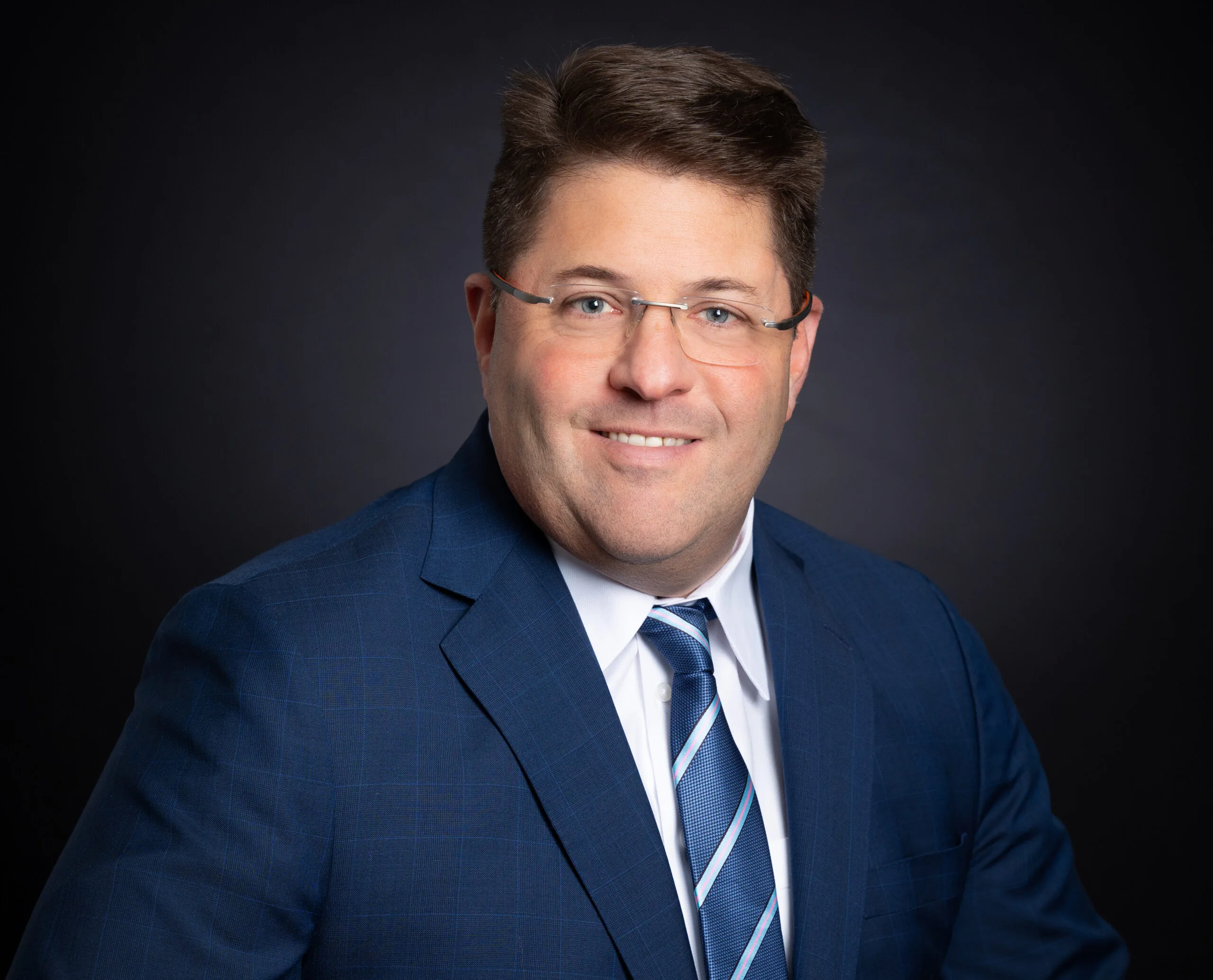 As of September 2021, 3,703,618 New Yorkers were enrolled in Medicare, and 7,213,006 had Medicaid. While you’ve probably heard of both Medicare and Medicaid, they are two different programs that help you pay for healthcare. Each program provides different benefits and has different costs. Your attorney can help explain the advantages and disadvantages of each program based on your situation.
As of September 2021, 3,703,618 New Yorkers were enrolled in Medicare, and 7,213,006 had Medicaid. While you’ve probably heard of both Medicare and Medicaid, they are two different programs that help you pay for healthcare. Each program provides different benefits and has different costs. Your attorney can help explain the advantages and disadvantages of each program based on your situation.
What Is Medicare and Medicaid?
While Medicare and Medicaid sound similar, these separate benefit programs can help you pay for different health services. While each program has its own eligibility requirements, many people can take advantage of both. Individuals who qualify for both Medicare and Medicaid are said to be “dual-eligible.” When the services covered by the programs overlap, Medicare is the primary payer. Medicaid is considered a payer of last resort, which means it always pays last.
What Is Medicare and Who Can Qualify?
Medicare is a federal program that provides health insurance coverage for Americans age 65 and older or with specific disabilities or End-Stage Renal Disease (ESRD). Depending on the coverage you enroll in, Medicare can help pay for hospital care (Part A), medical care (Part B), or prescription drugs (Part D). If you need services not covered by Part A, B, or D, you can add a private Medicare Advantage Plan (Part C).
Typically, you must pay a premium to enroll in Medicare Part B and supplemental coverage. However, many people won’t pay premiums for Part A because they already paid for it through payroll taxes. Also, Medicare usually requires you to meet an out-of-pocket deductible before it covers your costs. Even then, you’ll likely need to pay for co-insurance or a co-payment when you receive services. To get help paying for your out-of-pocket expenses, you may need to enroll in a Medicare Supplement Insurance (Medigap) policy.
What Is Medicaid and Who Can Qualify?
Medicaid is a “needs-based” joint federal and state program. It provides health care coverage for income-eligible individuals, families, and children. People over age 65 often use Medicaid to pay for long-term care, like a home health aide or nursing home. To determine your Medicaid eligibility, you will compare your income and asset values (also called “resources”) to the program’s limits in your state. In 2022, a single New Yorker must have less than $934 in monthly income and $16,800 in assets (resources). Because you must pass this “means test” to be eligible, you will not pay a premium for Medicaid.
What Medicare Advantages Should I Be Aware Of?
The eligibility requirements to enroll in Medicare are straightforward. Anyone who is age 65 or older, has a permanent (over 24) disability, ESRD, or ALS is eligible, regardless of income. Even better, if you’re already receiving Social Security benefits, you’ll be automatically enrolled in Medicare Part A and Part B (“Original Medicare”). When you enroll in Medicare, you can choose the amount of coverage you need. While Original Medicare covers only hospital and medical costs, you can add Part D to cover prescription drugs. You may also benefit from a Medicare Advantage plan to cover non-medical expenses, such as a gym membership. Finally, if you have Original Medicare, you can see any doctor or hospital that accepts Medicare without a referral.
What Medicaid Advantages Should I Know About?
While the Medicaid eligibility requirements are more complicated than Medicare, the most significant advantage of Medicaid is that there are no out-of-pocket costs (no deductibles, co-payments, or co-insurance). In addition, Medicaid covers long-term care costs, like a nursing home or a home-health aid, while Medicare ordinarily will not. If you are dual-eligible, you may realize other advantages, including premium assistance, cost-sharing assistance for out-of-pocket expenses, and prescription drug assistance.
Assistance and Advantages for Dual-Eligible Participants
If you have both Medicare and Medicaid, Medicaid will likely automatically enroll you in a Medicare Savings Program (MSP). MSPs cover the cost of your Medicare Part B premium and may provide other cost-sharing assistance. When you enroll in an MSP, you will automatically get Extra Help that helps pay for prescription drugs through Medicare Part D.
MSP programs do not limit eligibility based on resources (assets). Many people who do not qualify for Medicaid because they have excess resources qualify for an MSP. However, MSPs do have income eligibility requirements. For example, to enroll in the Qualified Medicare Beneficiary (QMB) MSP in 2019, the qualifying income was 100% of the Federal Poverty level or $1,041 per month. If you enroll in a QMB, you will not pay Part B or Part A premiums, even if you did not have enough work history to get premium-free Part A.
In addition to having your Part A and Part B premiums covered, you may be eligible for a “Full Medicaid” program for dual-eligibles. Full Medicaid enrollees do not pay deductibles, coinsurance, or copays. In 2019, the income limit to enroll in New York’s Full Medicaid program was $859 per month.
Do I Need an Attorney to Enroll in Medicare and Medicaid?
When you reach age 65, you may or may not be ready to retire and enroll in Social Security. Nonetheless, you can get help with your healthcare costs by enrolling in Medicare or Medicaid. Depending on your health needs, one or both programs may provide you with benefits. While it’s easy to determine if you’re eligible for Medicare, qualifying for Medicaid is more complicated, especially when you have been working for a long time or have complex assets. Additionally, it can be challenging to know what other benefits and cost-assistance you might qualify for. A lawyer experienced with Medicare and Medicaid eligibility can guide you through the process and plan for your eligibility in the future.
Since 1990, the Law Office of Andrew M. Lamkin, P.C. has helped New Yorkers of all ages understand the benefits of enrolling in Medicare or Medicaid. When you call us, our lawyer will listen to your circumstances and recommend the right program for you. Whether you need short-term medical assistance or long-term care, we can help you enroll in the plan that will meet your healthcare needs.


